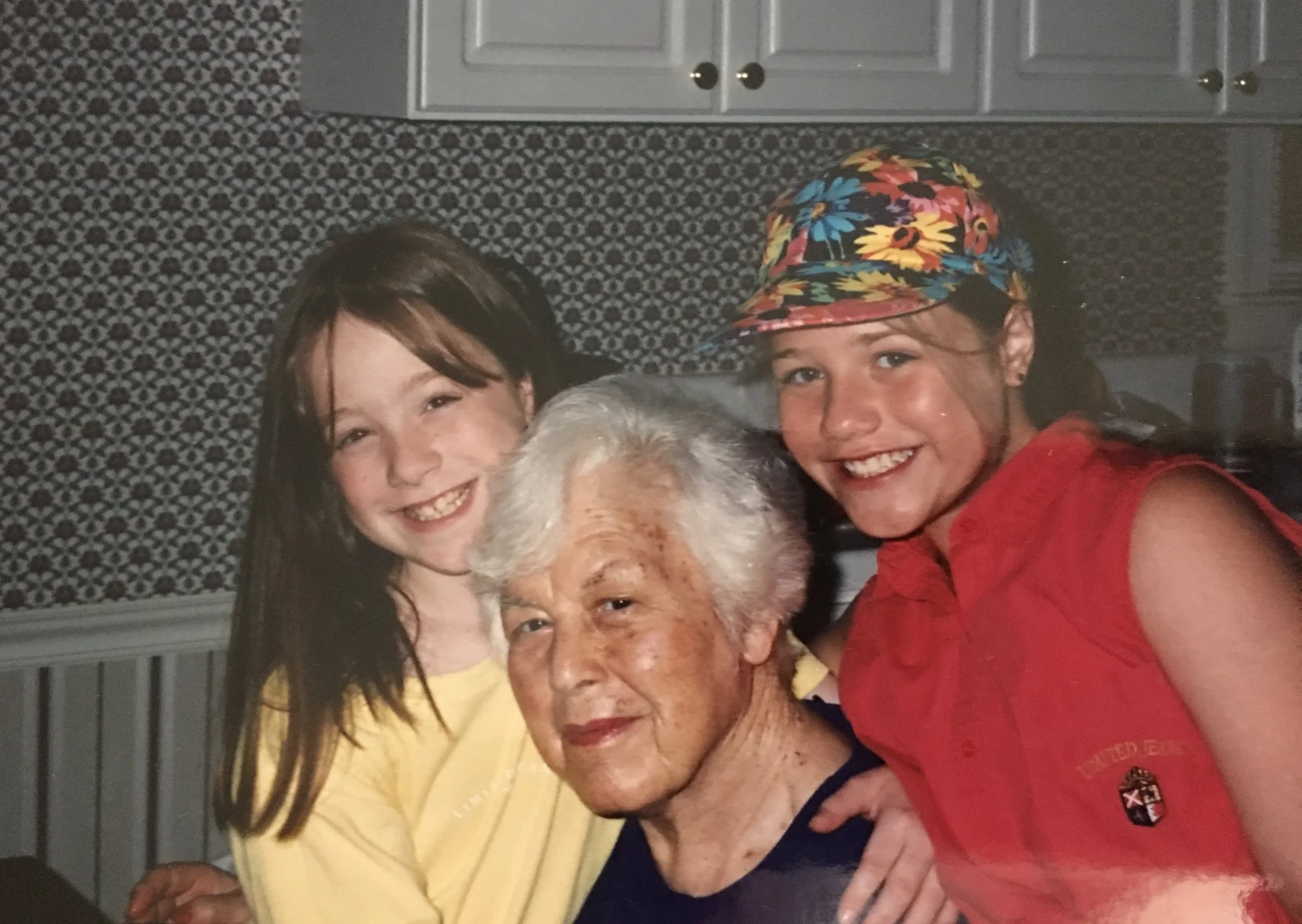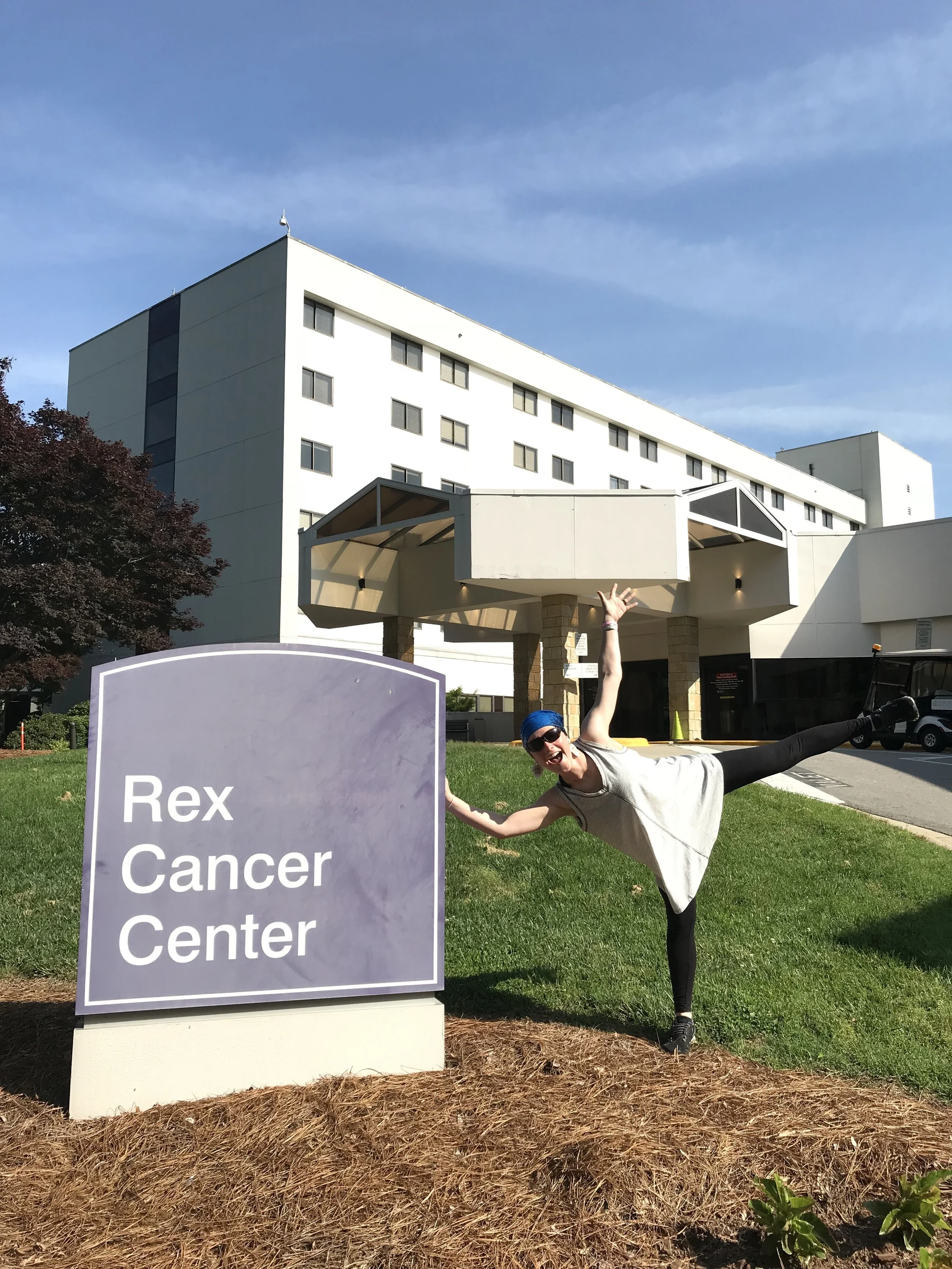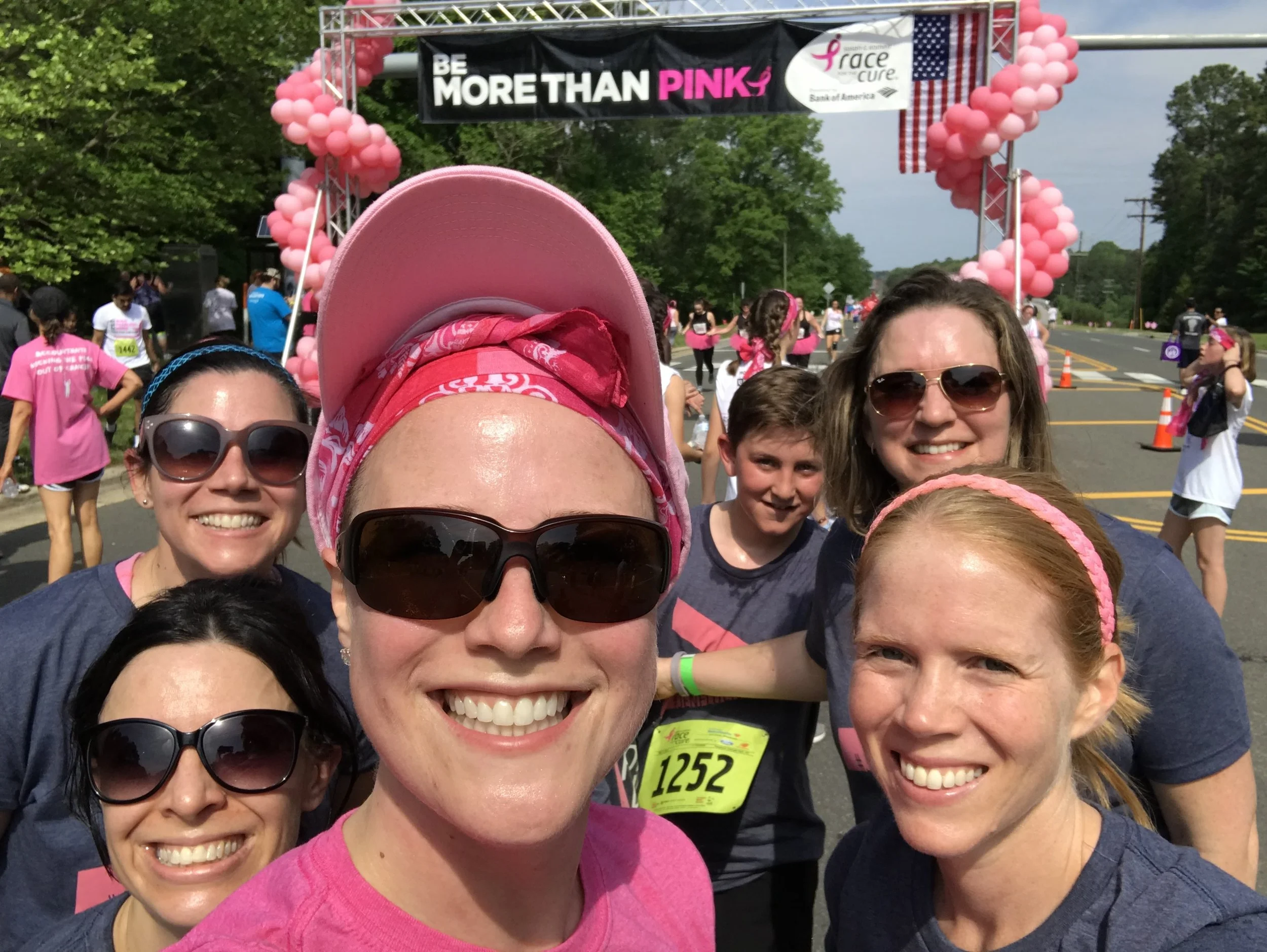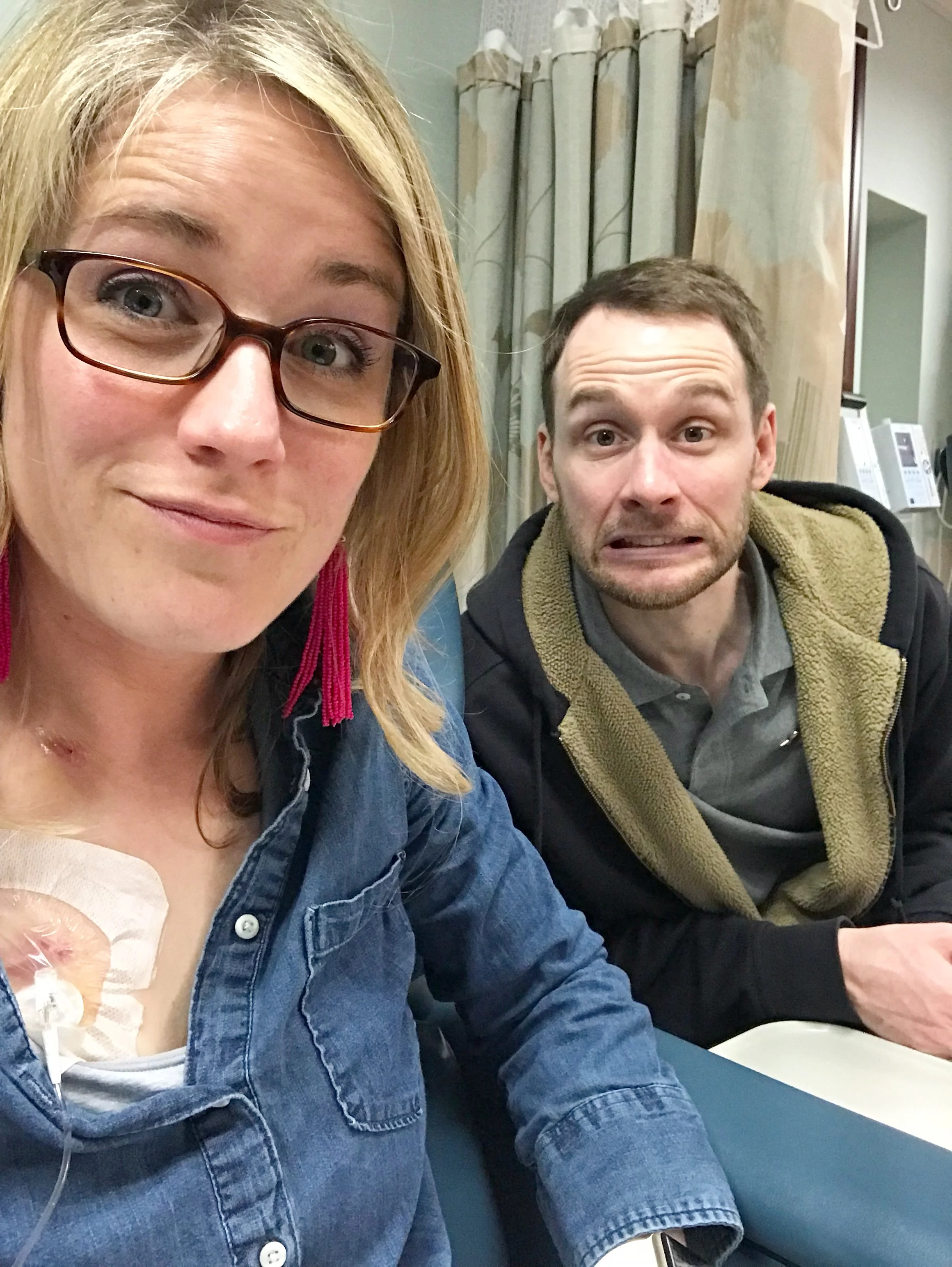How one experience will shape the next
Isn’t it interesting how life experiences, even at a very young age, can affect how you approach problems later in life?
I’ve had a number of people ask me how Carl and I can stay so positive in our current situation.
“I’m not sure how you’re doing it - I’d be a mess,” they say.
“You seem like you’re doing so well with this - how?” they ask.
Let’s get one thing straight - cancer is a tough diagnosis to hear. It’s a long, grueling process toward healing. It’s not easy, and my feelings toward it aren’t the same from day to day.
But people’s comments have made me wonder where my perspective came from.
Read More
Halfway is the hardest
I’m HALFWAY through chemo!
That means I’ve had three (successful) rounds of TCHP.
But that also means my body is starting to experience the cumulative side effects of three successful rounds of TCHP.
Read More
Finding Time: The Short Route
If I’ve learned anything since my diagnosis, it’s that there are two ways to spend my time:
On things I need to do.
On things I want to do.
If something doesn't fall into one of those categories, it’s gotta go.
Read More
A Resolution on Mother's Day
I had been drafting a post for Mother’s Day, attempting to be flowery and elegant with the language.
But I scraped the idea in the 11th hour, and I’m going to get straight to the point.
Let’s make a resolution this Mother’s Day to stop inquiring about people’s family planning.
Read More
Cultivating Community
Seven weeks since I’ve come to learn what kind of community I’ve (inadvertently?) surrounded myself with over the years - and I could not be more thankful.
It’s lead me to ponder the idea: What’s community?
Read More
When you can't see what's around you
We went camping this weekend for the first time as a family. And by camping, I mean we rented the cutest little cabin in Cliffs of the Neuse State Park. We enjoyed a campfire dinner, made s'mores and took a little hike on the trails by the river.
However, when the sun went down and bedtime showed up, the real trouble started.
Read More
A Hairy Situation
They say for most women, losing their hair is the hardest part of breast cancer treatment.
While I'm just starting to shed and haven't completely lost mine yet, I will say that the idea of it and the anxiety of thinking about it hasn't been easy.
Read More
One Week Post-Chemo
One week post-chemo!
"They" say that's one of the toughest weeks. The one right after chemo, especially your first round. It's a week of figuring out how your body will respond after the infusions, and it's different for every person.
In fact, because the infusion can have such a wide variety of side effects on your body, the standard protocol is go day by day "day 1, day 2, day 3, etc."
I'd argue that hour by hour would be more realistic, but no one has time to count hours and symptoms.
Read More
How to kick-off chemo (or any other serious medical treatment)
Ten years ago, this was supposed to be a week about celebrating marriage.
One year ago, this was supposed to be a week about celebrating a little lady turning one.
A week ago, this became the week we'd figure out a way to celebrate all those things while starting my cancer journey.
Read More









